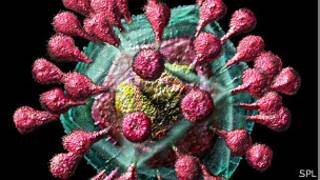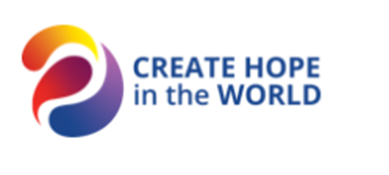
Hope all of you remain safe in the face of the Corina Virus threat. The number of cases of Corina virus and even deaths still pales compared to the flu.
Unfortunately , the threat of widespread viral spread is real. The illness tends to attack the lungs preferentially and is particularly dangerous to the
older members of our society and the immunocompromised.
The incubation period is up to two weeks.
Dr. Fauci, director of the National Institute of Allergy and Infectious Diseases, recommended Sunday that elderly and vulnerable Americans limit their exposure to travel and large crowds as the world fights the coronavirus outbreak.“I would like to see a dramatic diminution of the personal interaction that we see in restaurants and in bars,” he said. “Whatever it takes to do that, that's what I would like to see.” “You are not immune or safe from getting seriously ill,” National Institute of Allergy and Infectious Diseases Director Anthony Fauci said Sunday on CNN’s “State of the Union” when asked if younger Americans should be concerned about contracting the virus, which Fauci has repeatedly said is more lethal than the average flu. He also pointed out that young people could be carriers to their relatives.
PLEASE STAY HOME / self quarantine if in doubt. DO NOT BE SELFISH. We will have to avoid large groups.
THIS VIRUS has the potential to overwhelm our medical system.
SPAIN, ITALY and FRANCE have all but shuttered their doors.
The following symptoms may appear 2-14 days after exposure.* From CDC https://www.cdc.gov/coronavirus/2019-ncov/index.html
- Fever
- Cough
- Shortness of breath
If you develop emergency warning signs for COVID-19 get medical attention immediately. Emergency warning signs include*:
- Difficulty breathing or shortness of breath
- Persistent pain or pressure in the chest
- New confusion or inability to arouse
- Bluish lips or face
*This list is not all inclusive. Please consult your medical provider for any other symptoms that are severe or concerning.
Early information out of China, where COVID-19 first started, shows that some people are at higher risk of getting very sick from this illness. This includes:
- Older adults
- People who have serious chronic medical conditions like:
- Heart disease
- Diabetes
- Lung disease
Take actions to reduce your risk of getting sick

If you are at higher risk for serious illness from COVID-19 because of your age or because you have a serious long-term health problem, it is extra important for you to take actions to reduce your risk of getting sick with the disease.
- Stock up on supplies.
- Take everyday precautions to keep space between yourself and others.
- When you go out in public, keep away from others who are sick, limit close contact and wash your hands often.
- Avoid crowds as much as possible.
- Avoid cruise travel and non-essential air travel.
- During a COVID-19 outbreak in your community, stay home as much as possible to further reduce your risk of being exposed.
Have supplies on hand
- Contact your healthcare provider to ask about obtaining extra necessary medications to have on hand in case there is an outbreak of COVID-19 in your community and you need to stay home for a prolonged period of time.
- If you cannot get extra medications, consider using mail-order for medications.
- Be sure you have over-the-counter medicines and medical supplies (tissues, etc.) to treat fever and other symptoms. Most people will be able to recover from COVID-19 at home.
- Have enough household items and groceries on hand so that you will be prepared to stay at home for a period of time.
ADDITIONAL NOTE : The best way to prevent the spread is diligently WASHING HANDS with SOAP / water . AVOID TOUCHING FACE.
Face mask is not effective and may lead to better spread if used by typical assymptomatic individuals.

